Which is Better Corn Oil or Canola Oil?
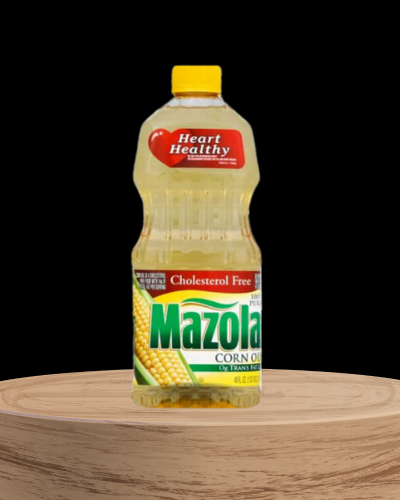
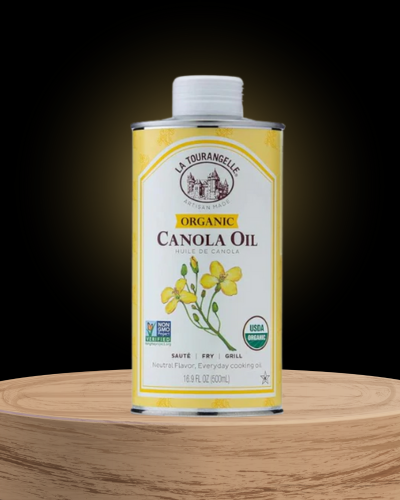
What Exactly is Corn Oil and Canola Oil?
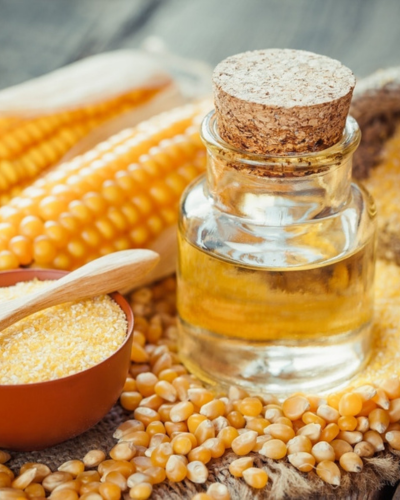

Top Oils for a Healthy Cooking
Corn Oil vs. Canola Oil: Health Benefits
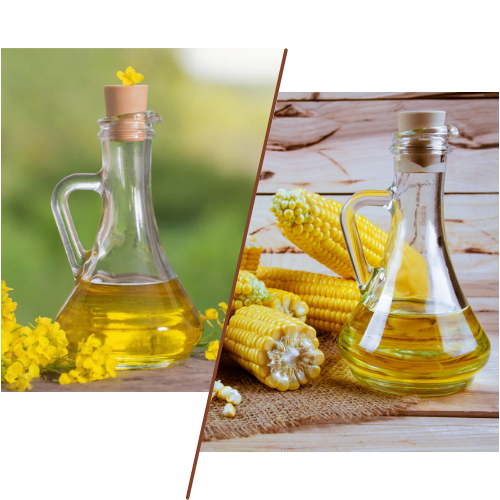
Nutritional Components of Corn and Canola Oil
Other Oils for a Healthy Cooking
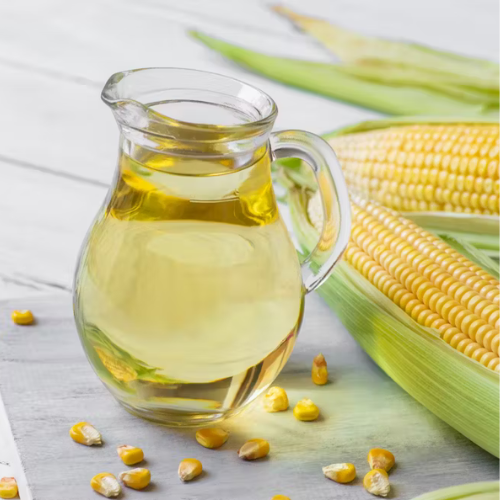
Key Benefits of Corn Oil in Cooking
High Smoke Point for Cooking
Source of Essential Fatty Acids
Neutral Flavor Profile
Key Benefits of Canola Oil
Heart-Healthy Fat Composition
Versatile for Various Recipes
Light, Neutral Flavor


